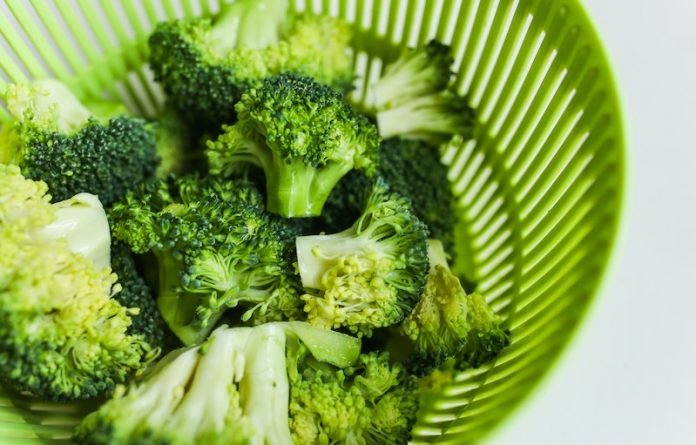
In a study from Sichuan University and Cedars Sinai, scientists found the dietary supplement chlorophyllin alleviates inflammatory bowel disease (IBD), including Crohn’s disease and ulcerative colitis.
In addition, chlorophyllin strongly reduces mortality related to IBD, weight loss, diarrhea and hidden blood in the stool, intestinal epithelial damage and infiltration of inflammatory cells.
Chronic gastrointestinal disorders such as IBD affect tens of millions of people living in the U.S. IBD has created a global health burden because of the rising cost of treating the condition.
While the exact cause of IBD isn’t fully understood, some contributing factors include stress and environmental, lifestyle, and dietary choices, such as high consumption of meat or fish.
Chronic inflammation, abnormality in autophagy—the body’s process of cleaning out damaged cells to make room for newer, healthier cells—and lysosomal stress (an abnormality in an organelle leading to inflammation) are also linked to the condition.
Current therapeutics for IBD include medications that suppress the immune system (immunosuppressants) and surgery.
In this study, the researchers found taking an oral chlorophyllin supplement—a compound derived from the green pigment found in plants—reduced colitis and abnormalities in the intestinal epithelia of mice.
Also, consumption of green vegetables and chlorophyllin may be helpful for IBD recovery, in part through alleviation of inflammation and autolysosomal flux (a process that uses lysosome to degrade and remove toxic molecules and organelles).
Green pigment found in these foods and supplements can initiate a feeding signaling to modulate autophagy in the cells, which suppresses IBD symptoms.
The researchers believe these findings could be a pathway to a less intrusive treatment for IBD.
If you care about nutrition, please read studies about foods that could help lower the risk of type 2 diabetes, and eating fish linked to higher risk of skin cancer.
For more information about nutrition, please see recent studies about foods that could improve survival in Parkinson’s disease, and results showing Keto diet could help you lower blood sugar and lose weight.
The study was conducted by Xiaofeng Zheng et al and published in the American Journal of Physiology-Gastrointestinal and Liver Physiology.
Copyright © 2022 Knowridge Science Report. All rights reserved.



